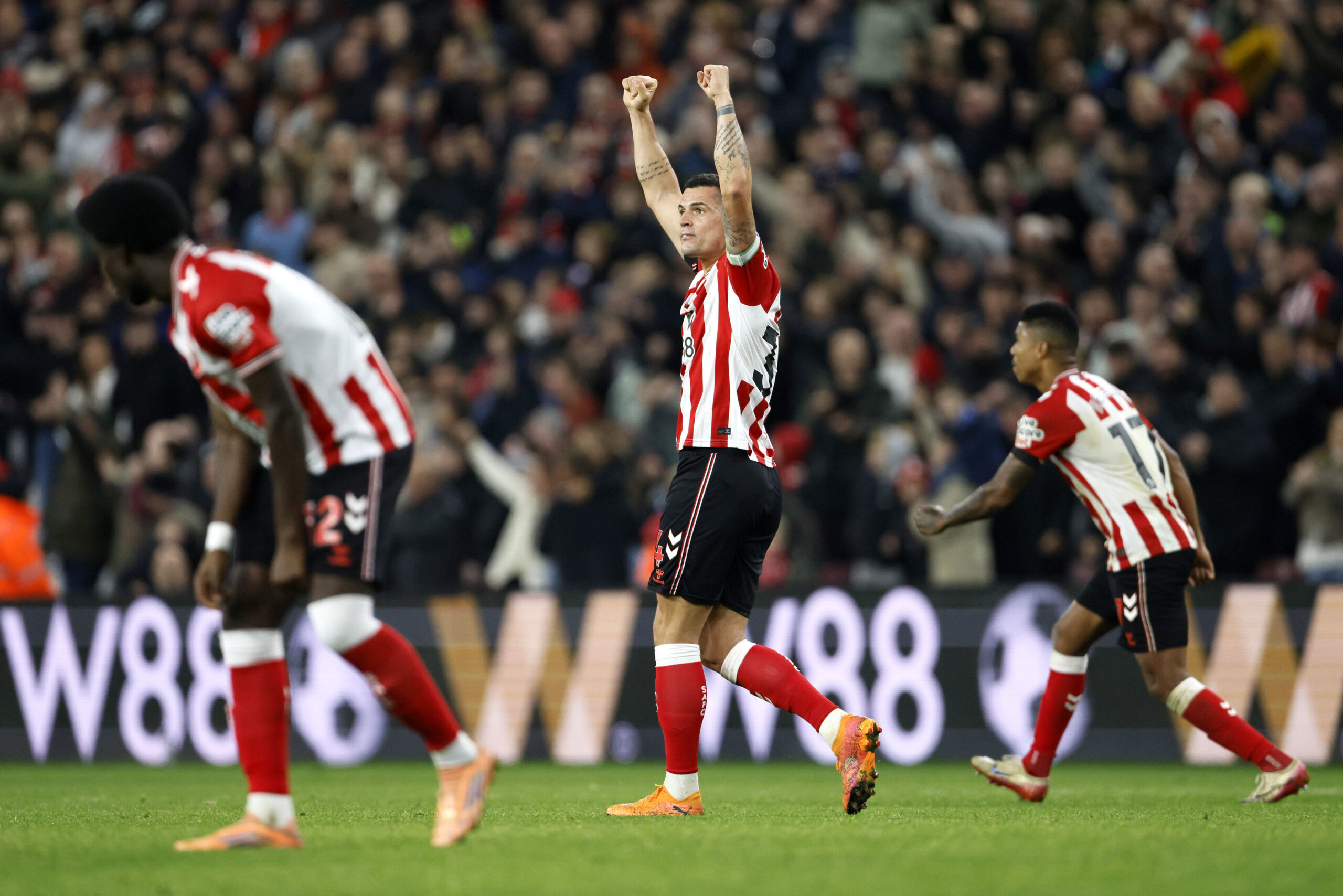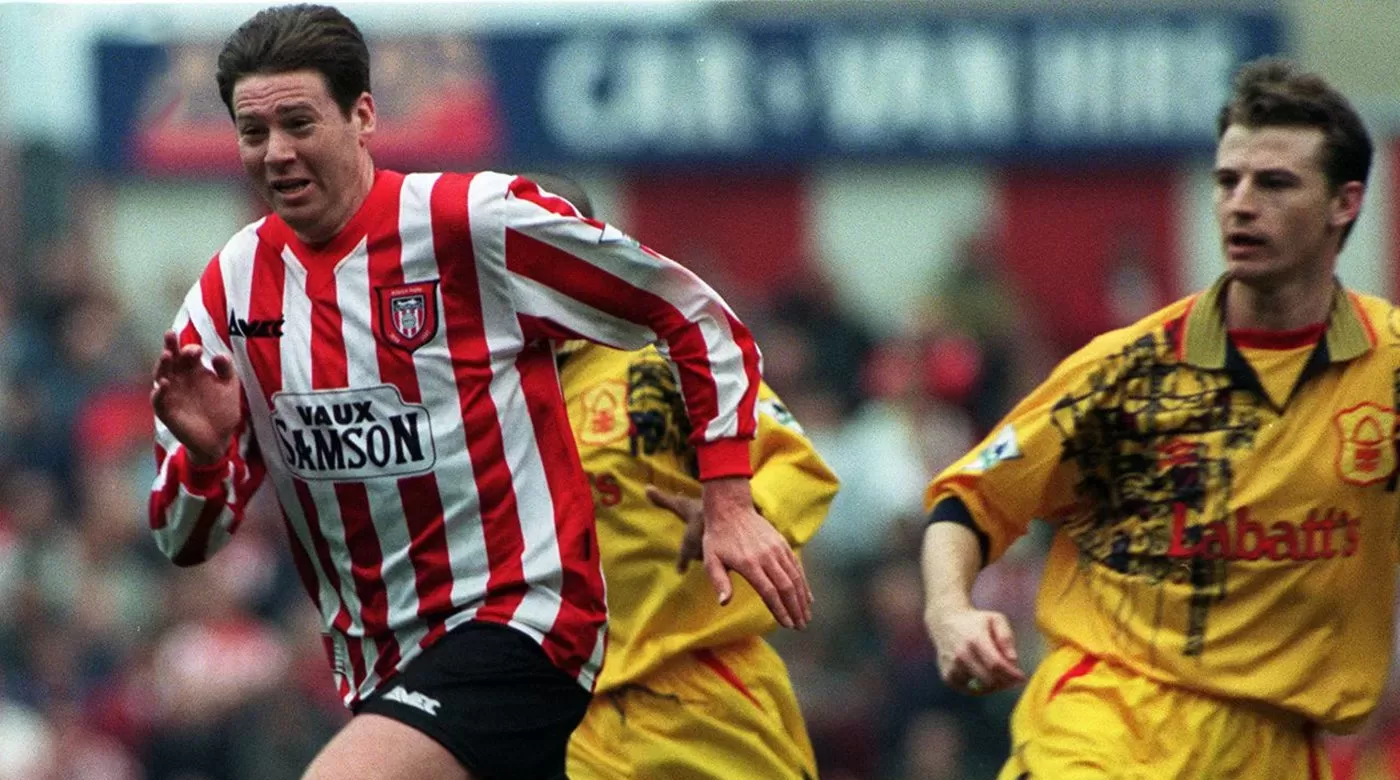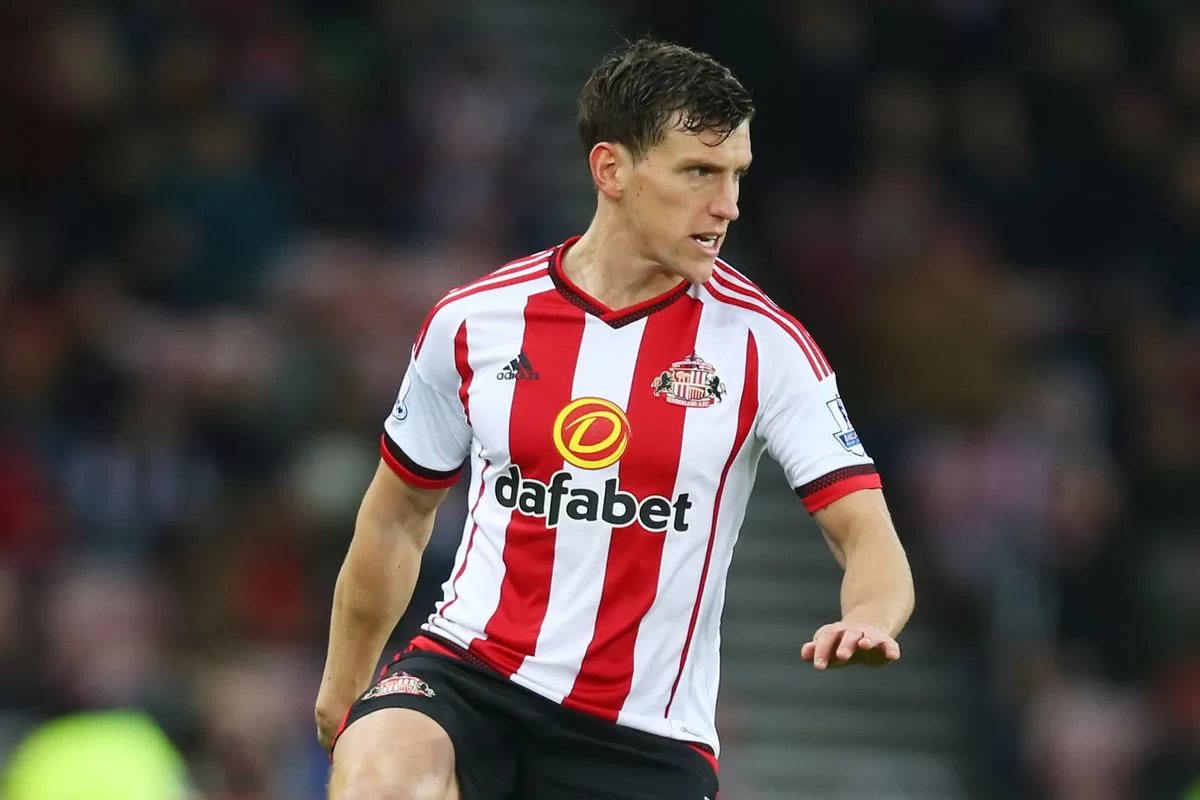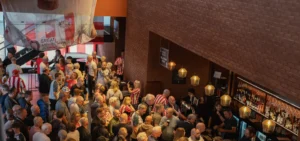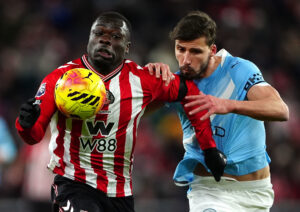In almost half a decade of supporting Sunderland AFC, I can say something I never imagined I’d write with a straight face: we are in completely uncharted waters. Not metaphorically, not emotionally, but factually. What we are witnessing is something no promoted side in Premier League history has ever done, and the deeper you look, the stranger and more exhilarating it becomes.
Those of us who lived through the highs of the Peter Reid era know what the Premier League felt like back then. It was fast, ferocious, and fiercely competitive — but it was not this. The modern Premier League is the pinnacle of global football broadcasting. A statistic that emerged from Manchester City’s legal filings recently put the global viewing figures for a single Premier League match at around 600 million. For context, the Super Bowl — the media event Americans treat like a religious holiday, draws around 63 million viewers outside the US. La Liga? Somewhere around 10 million.
The Premier League is a global cultural export, a lighthouse drawing hundreds of millions of eyes to the pitch every weekend. And that means the entire world saw Dan Ballard nearly break the net, and the entire world saw Brian Brobbey throw himself into the kind of contortion that defies both biomechanics and common sense. These are moments people in Thailand, Nigeria, Mexico and Australia are watching live and replaying for days.
Every pundit in the country keeps insisting this is temporary. A blip. A fun storyline for the neutrals. Something that will settle down when the “real” top six restore order. That’s how we’re supposed to feel as fans grateful for the ride but realistic enough to know gravity always wins.
This Sunderland side is not the squad that won promotion. It’s something far stranger and far more dangerous. A blend of youthful bravery and seasoned experience. A team with pace, muscle, and tactical intelligence. A side managed by someone who is unapologetically a scholar of the game, someone who prepares like a man writing university-level dissertations on every opponent and treats it like a problem to be solved!
And then there’s Granit Xhaka, the emotional heart beat of the team. He elevates players around him to his standard. You can feel his presence in moments of adversity, his fingerprints all over the mentality shift that has taken us from plucky survivors to genuine competitors.
Something extraordinary is happening off the pitch too. On Saturday, when the equaliser went in, the noise inside the Stadium of Light sounded like a cultural event. It was one of those moments where the fans don’t simply react to the team; they merge with it. This club has always had passion, but this season it feels weaponised directed, channelled, unleashed.
That sound you heard was 45,000 people telling the Premier League: you’re going to have to take us seriously.
Teams talk all the time about feeding off the crowd. Sunderland play like they’re plugged into something raw, something historic, something generational. You can feel it in every press, every tackle, every counter–attack that sends the whole stadium surging forward in one collective heartbeat.
Here’s the strange thing: as I sit and write this, I feel genuinely emotional. Not nervous, not anxious emotional in that surreal “this can’t be happening” way. It’s the exact feeling you get when you’ve just been on your first weekend away in a new relationship. You’re pretending to keep your feet on the ground, telling your mates you’re “seeing how it goes,” but inside your head you’re already browsing Rightmove and wondering what an engagement ring costs. That’s what supporting Sunderland feels like right now. You’re trying not to get carried away… while already picturing where this could lead if things keep progressing at the rate they are.
But that brings us right back to the original question: Is this what being a big club feels like? Or are we still in the honeymoon phase?
Where does this journey lead? Truthfully? No one knows. Not the pundits, not the fans, not the players, and certainly not the bookies. There are too many unknowns. Will we strengthen in January? Will the African Cup of Nations disrupt the rhythm? Will injuries or fixture congestion bring us back down to Earth? We have absolutely no idea.
But that’s the beauty of this moment.
We aren’t clinging on for dear life at the bottom of the table. We aren’t praying for a scrappy 1–0 at home to Burnley in April. We aren’t checking how many points we need to survive.
We are, for the first time in years, competing at the top table of English football.
That’s not delusion. That’s not blind optimism. That’s where we are right now, today.
And yes things can change. Football always does. But there’s a difference between being lucky and being good, and right now Sunderland are showing characteristics of a team that has no interest in rolling over for anyone.
Maybe the honeymoon will fade. Maybe reality will come calling. Maybe the rest of the league will adapt. Or… maybe we’re witnessing the start of something bigger, something none of us dared imagine when we were losing away to Burton and thinking League One might become a permanent address.
For now, though and for the first time in a very long time we feel like we belong. Not as guests, not as plucky underdogs, but as competitors.
Whatever comes next, one thing is certain: We’re here. And the rest of the Premier League is finally noticing.

